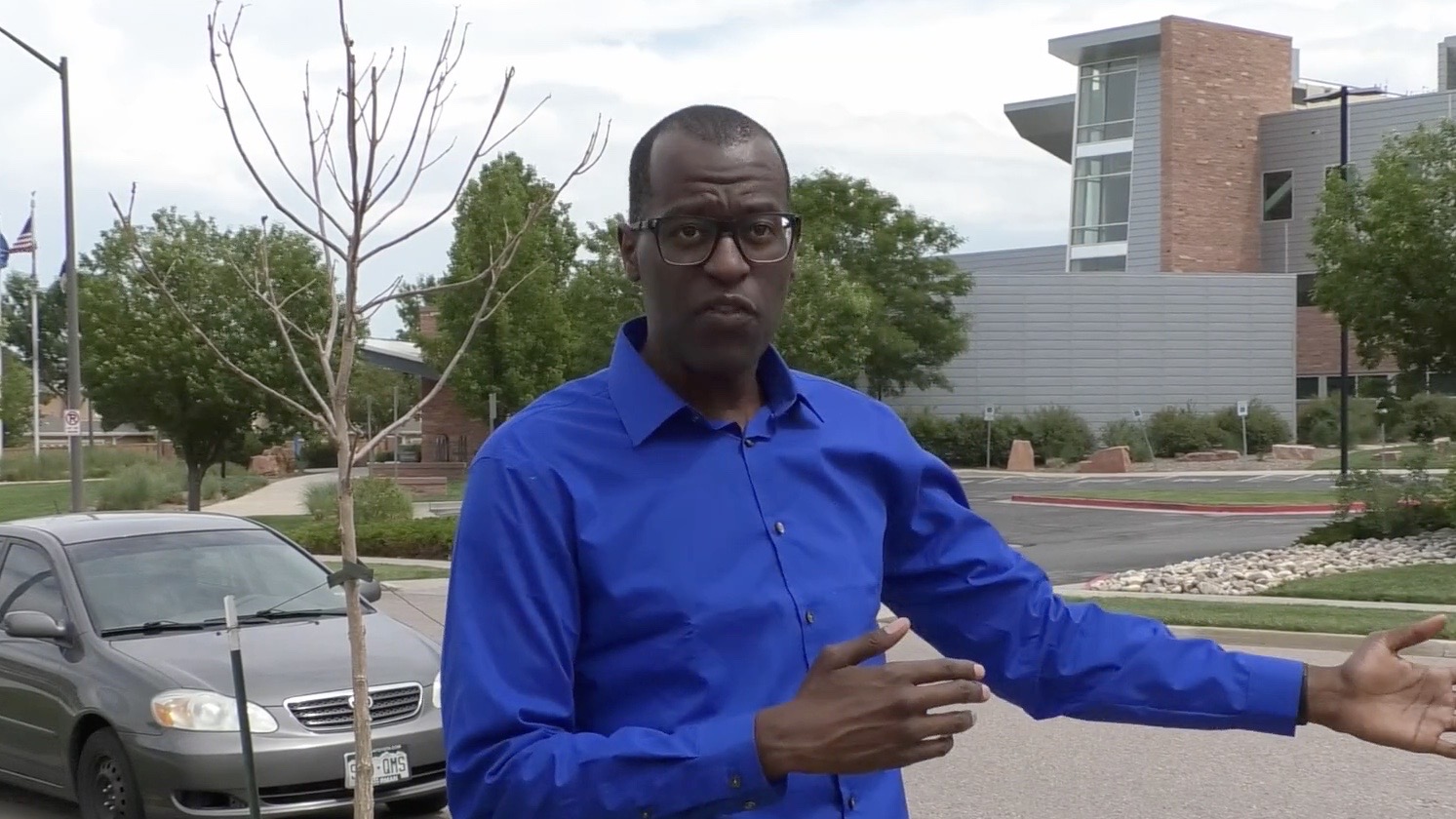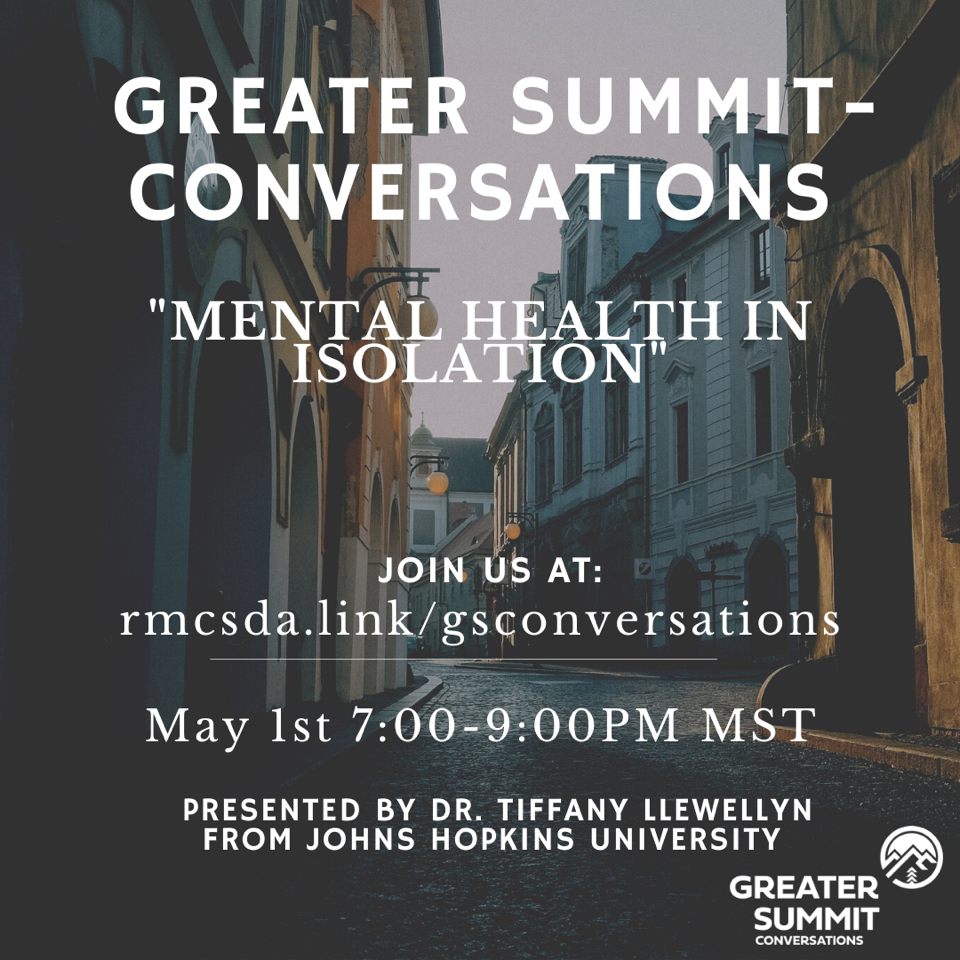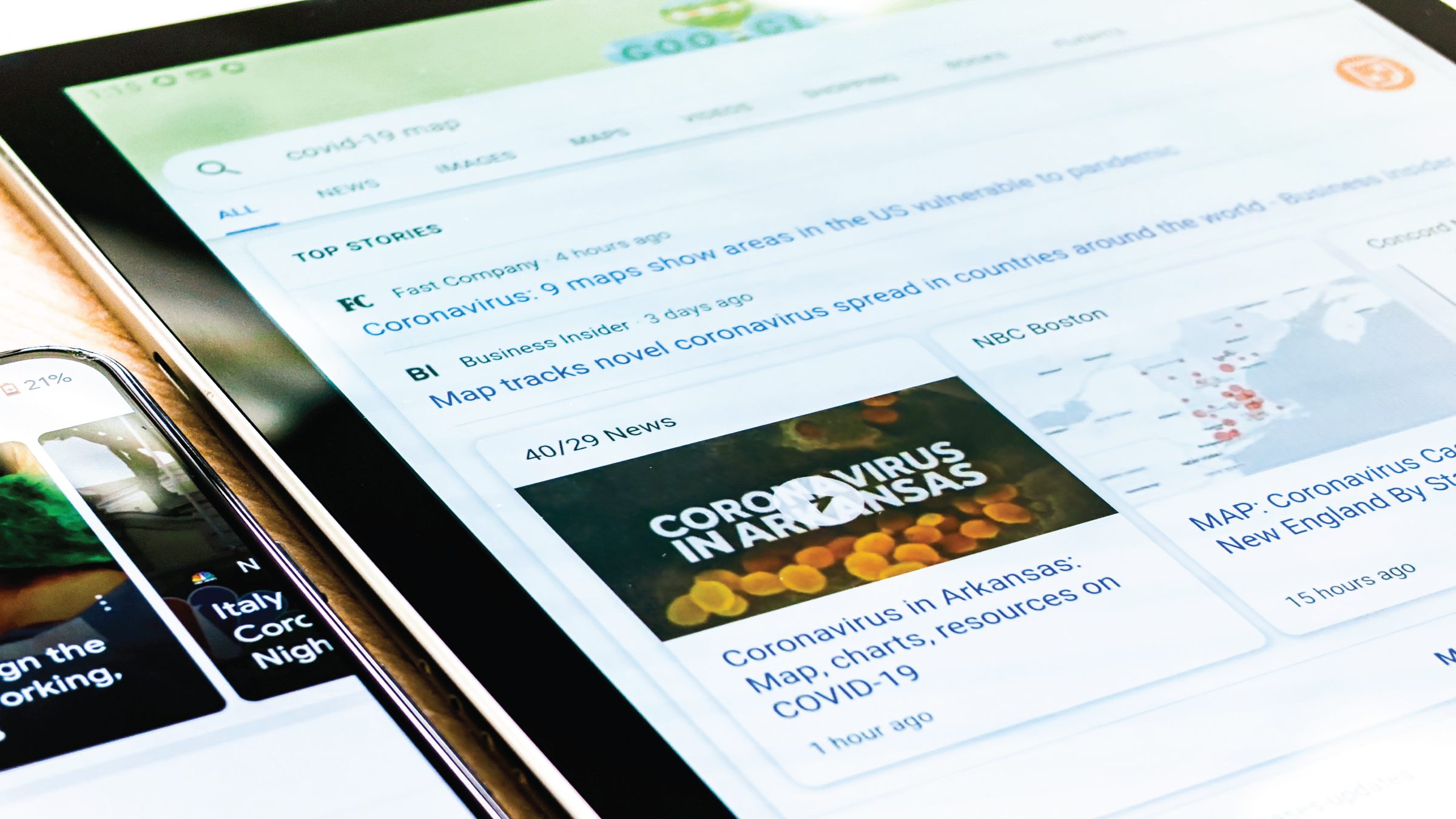Some days, bad news seems to be everywhere we look – from our phone and TV screens to our social media feeds. And other times, the “bad news” starts with the thoughts in our heads. No matter the source, all that negativity can feel unavoidable, like living in an endless “ring of uncertainty.”
But look to us, because we have some tips to start looking up.
“Outlook”, the seventh pillar of our CREATION Life model, refers to how we approach the world and our lives. Optimistic thinking often used interchangeably with positive thinking, is vital to complete overall health.
At times, difficulties may arrive in our life, but when we ground ourselves in positive thinking and our own sense of spirituality, we are given the strength and tools necessary to face tough situations and see the brighter side with resilience.
Take Advantage of Positive Thinking Day
Positive Thinking Day gifts us with a designated, 24-hours to recognize and turnaround our negative thoughts. Thinking positively does not mean that you ignore life’s less pleasant situations, it just means that you approach unpleasantness or strife in a more positive and productive way.
For example, if you are running late to work because you ran into traffic due to a car accident, stop to be thankful that you are safe and extend positive thoughts to those involved in the misfortune. Then, you might be less apt to huff and puff your way into your meeting a few minutes behind.
You Hold The Power
Turning negative thoughts into positive ones is not easy, because negative thoughts can bring strong emotions with them. Once more, negative thinking may also become a “habit” of sorts. But through time and practice, you can recognize when you are in a negative thinking pattern and form healthier habits of thinking positively, even under stress and during trying circumstances.
Our brain is our most powerful asset, and we must nurture it with positive, wholesome thoughts. This takes acknowledging that negativity is a choice and we hold the power to our thoughts. We can actively choose to look on the bright side, and replace pessimism with optimism. Actively and intentionally strengthening our positivity ‘muscle’ means it will become increasingly easier over time to naturally look at challenges or negative situations with a fresh perspective.
The Health Benefits of Positive Thinking
Research shows that our attitude toward life can impact our health. For example, prolonged stress can speed up the progression of certain diseases. The positive thinking that frequently comes with optimism is a key part of effective stress management. And effective stress management is associated with many health benefits. If you tend to be pessimistic, don’t despair – you can develop positive thinking skills.
Researchers continue to explore the effects that positive thinking and optimism have on our health. According to research, here are some of the many health benefits that stem from positive thinking:
- Increased life span
- Lower rates of depression
- Lower levels of distress
- Greater resistance to the common cold
- Better psychological and physical well-being
- Better cardiovascular health and reduced risk of death from cardiovascular disease
- Better coping skills during hardships and times of stress
Interested in boosting your positive thinking brain power? Take Positive Thinking Day to learn more about your outlook and our CREATION Life philosophy.
***This article was originally published on the AdventHealth website











